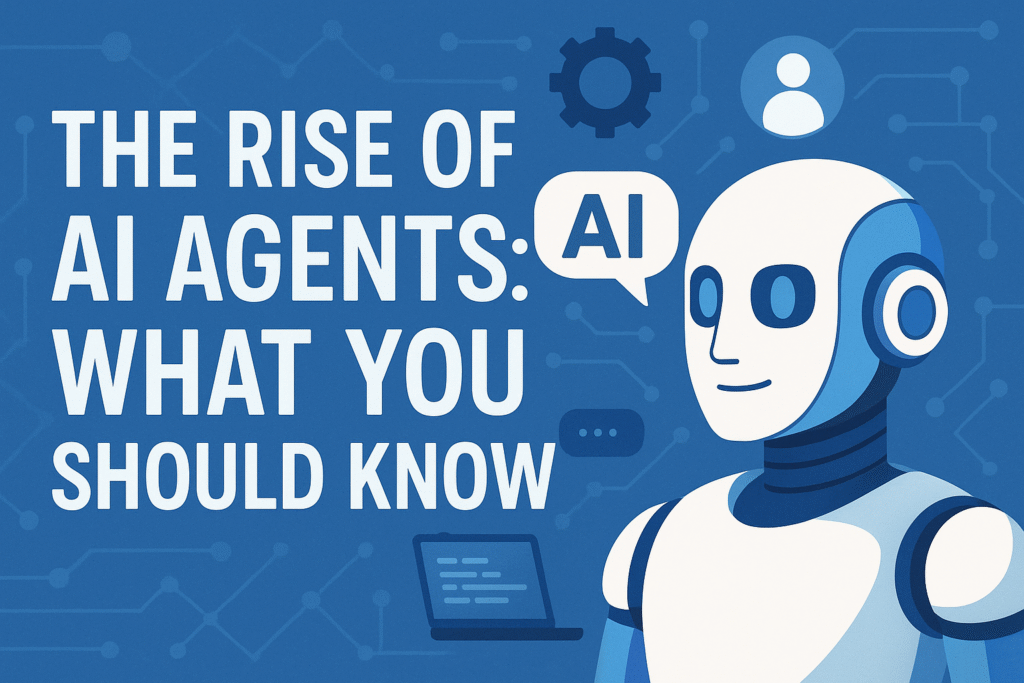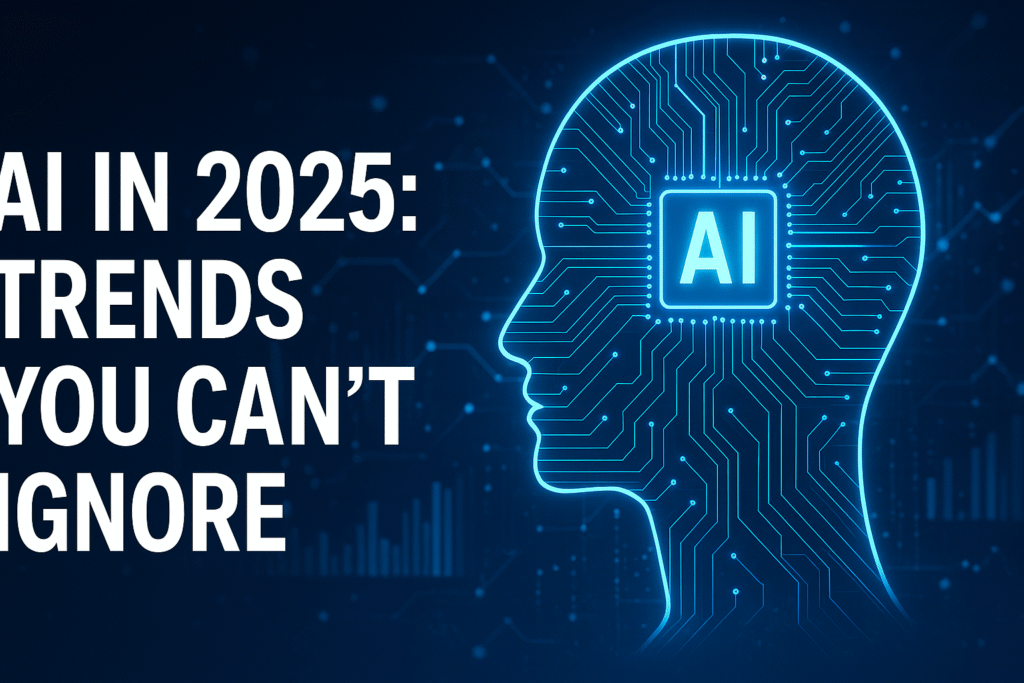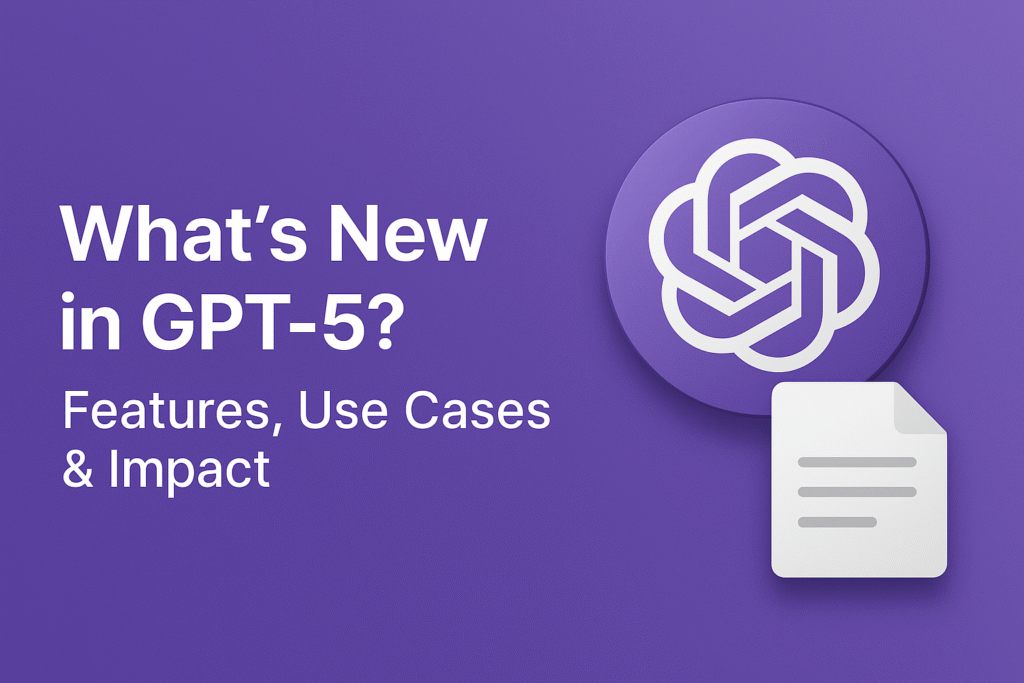🧠 The Rise of AI Agents: What You Should Know (2025 Essentials)
Discover how AI agents like AutoGPT and BabyAGI are changing how we work. Learn what AI agents are, how they work, and what you need to know in 2025. Full guide on AiBlogQuest.com.
🤖 Introduction: The Rise of AI Agents
AI has entered a new phase — one where tools don’t just respond, they act on your behalf. From researching and writing to booking flights and managing files, AI agents are transforming how we automate work in 2025.
In this comprehensive guide from AiBlogQuest.com, we break down The Rise of AI Agents, including what they are, how they work, key tools to know, and what their growing presence means for your digital future.
🚀 What Are AI Agents?
AI agents are autonomous software programs that can think, plan, and execute tasks without constant human input. Unlike standard chatbots, AI agents:
-
Set goals
-
Break tasks into steps
-
Use tools or APIs to complete tasks
-
Learn and adapt over time
Examples: AutoGPT, AgentGPT, BabyAGI, and OpenAgents.
They are the closest thing we have to a digital employee.
🔍 Why AI Agents Are Rising in 2025
Several key trends have fueled the rise of AI agents:
-
Multimodal AI (text + image + tools + APIs)
-
Memory and long-context reasoning in GPT-4o and Claude
-
Open-source agent frameworks (LangChain, CrewAI)
-
Increased demand for task automation in startups and solopreneurs
🔧 How AI Agents Work (Simplified)
-
User gives a high-level goal: e.g., “Create a blog post and schedule it.”
-
AI agent plans steps: Research → Draft → Design image → Schedule post
-
Agent executes using tools: Web search, writing APIs, scheduling tools
-
Agent self-checks and iterates
-
Result delivered with minimal human input
💼 Real-World Use Cases of AI Agents
📝 Content Creation
-
Research topics
-
Write drafts
-
Generate images
-
Auto-schedule posts
🛍️ E-commerce
-
Track product trends
-
Create product listings
-
Manage customer queries
🧑💻 Software Development
-
Debug code
-
Create repositories
-
Deploy to cloud platforms
📊 Data Analysis
-
Clean and sort data
-
Build reports
-
Email insights automatically
These use cases show how AI agents save 10–20 hours/week for digital workers.
🌐 Top AI Agent Tools in 2025
| Tool | Functionality | Best For |
|---|---|---|
| AutoGPT | Goal-driven task execution | Developers & power users |
| BabyAGI | Task management & memory | Research automation |
| AgentGPT | No-code task automation | Solopreneurs |
| CrewAI | Multi-agent team coordination | Complex workflows |
| OpenAgents | OpenAI’s assistant agent builder | API-powered integrations |
⚠️ Challenges & Limitations
Despite their power, AI agents come with some caveats:
-
Can “hallucinate” wrong steps
-
Need careful prompt design
-
May overuse resources (APIs, compute)
-
Still require human supervision for now
They’re smart — but not yet perfect.
📈 The Future of AI Agents
Expect to see:
-
AI marketplaces for agents (plug-and-play roles)
-
Enterprise adoption for finance, HR, marketing
-
Voice-driven agents integrated into smart devices
-
Regulation & ethical debates around autonomy and responsibility
🔗 Useful Links – AiBlogQuest.com
🌐 Resources
❓ FAQ – Frequently Asked Questions
Q1. Are AI agents the same as chatbots?
No. AI agents can plan and execute tasks autonomously. Chatbots simply respond to input.
Q2. Can I use AI agents without coding?
Yes! Tools like AgentGPT and CrewAI offer no-code or low-code setups.
Q3. Are AI agents safe to use?
Generally, yes — but always review their actions and outputs. Add guardrails where needed.
Q4. What businesses benefit most from AI agents?
Content creators, solopreneurs, developers, analysts, and marketers benefit the most.
Q5. Will AI agents replace human workers?
Not entirely. They will augment human work, automate repetitive tasks, and create new roles.
🏷️ Tags
The Rise of AI Agents, AI Automation Tools, AutoGPT, AgentGPT, OpenAI Assistants, AI Task Agents, AiBlogQuest.com



